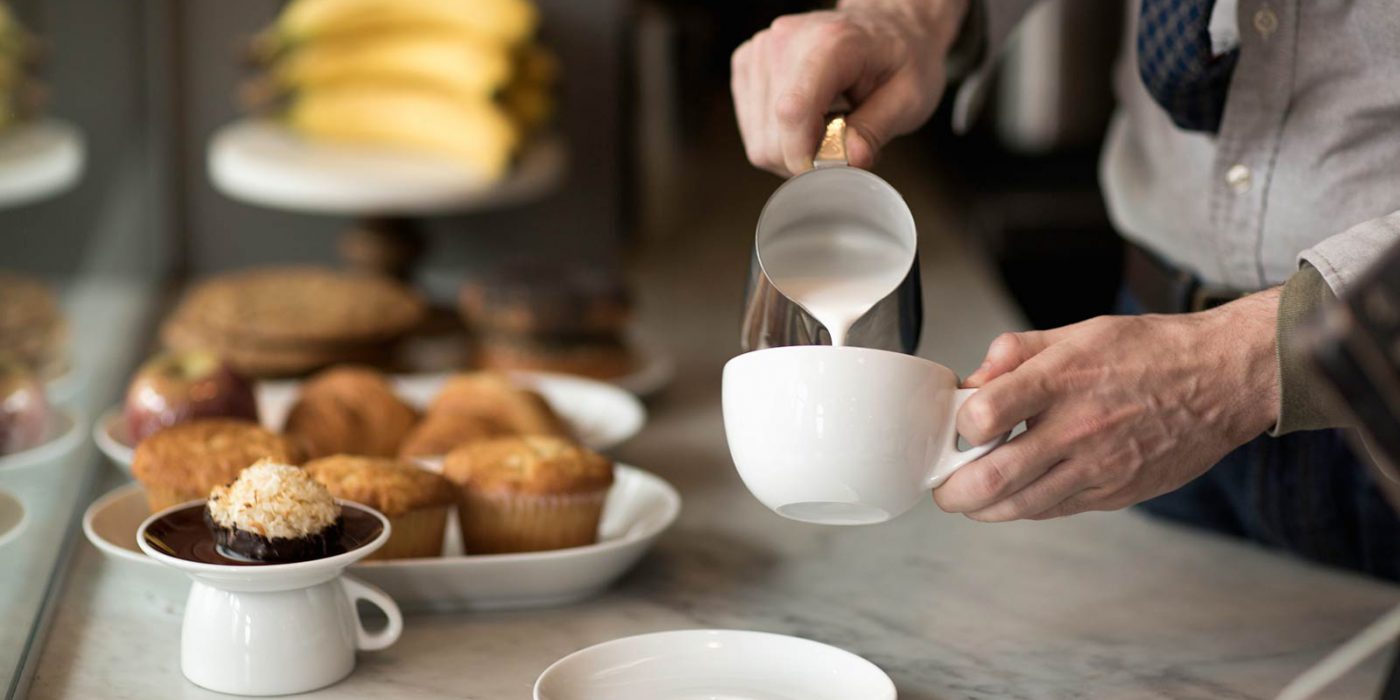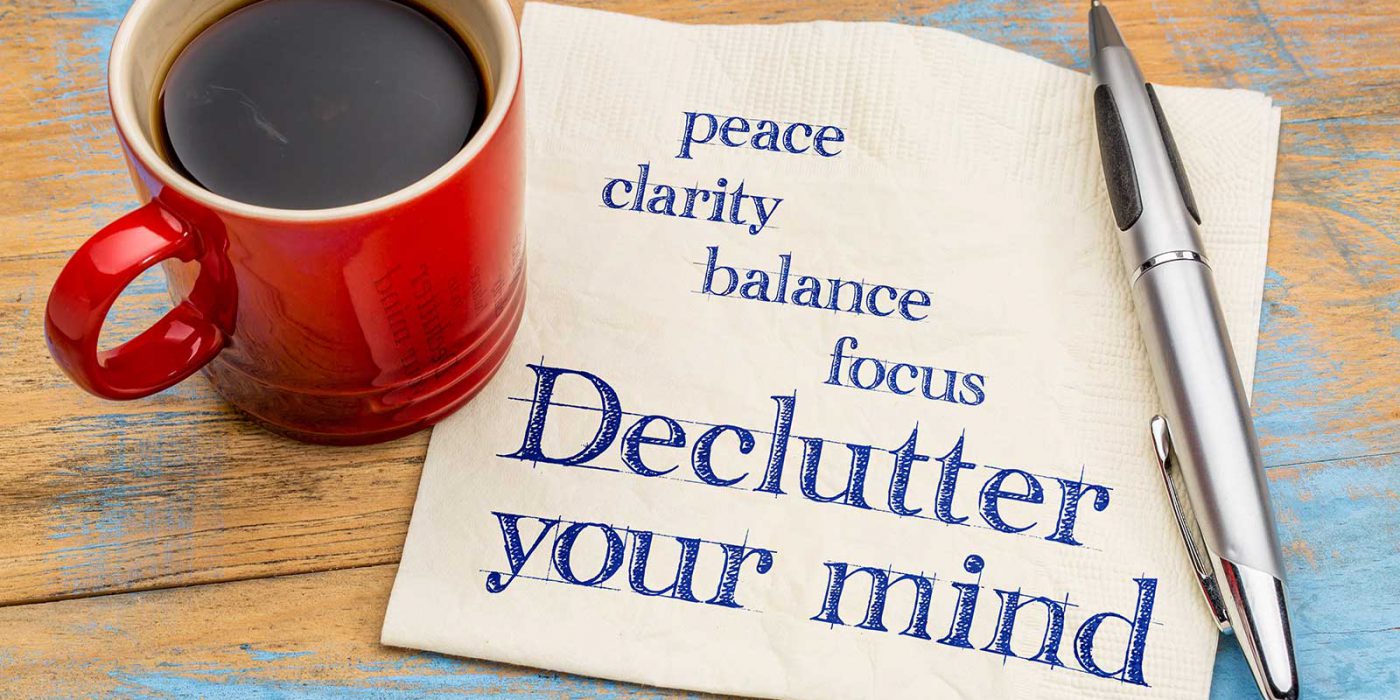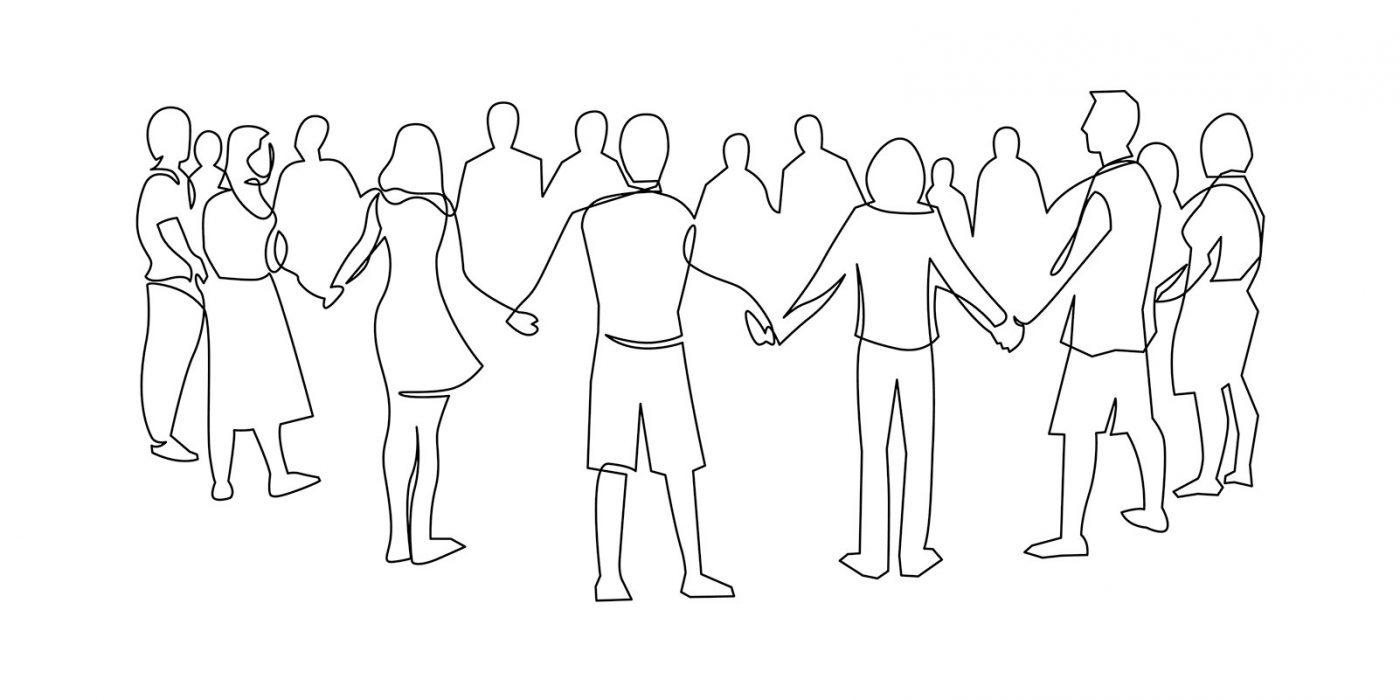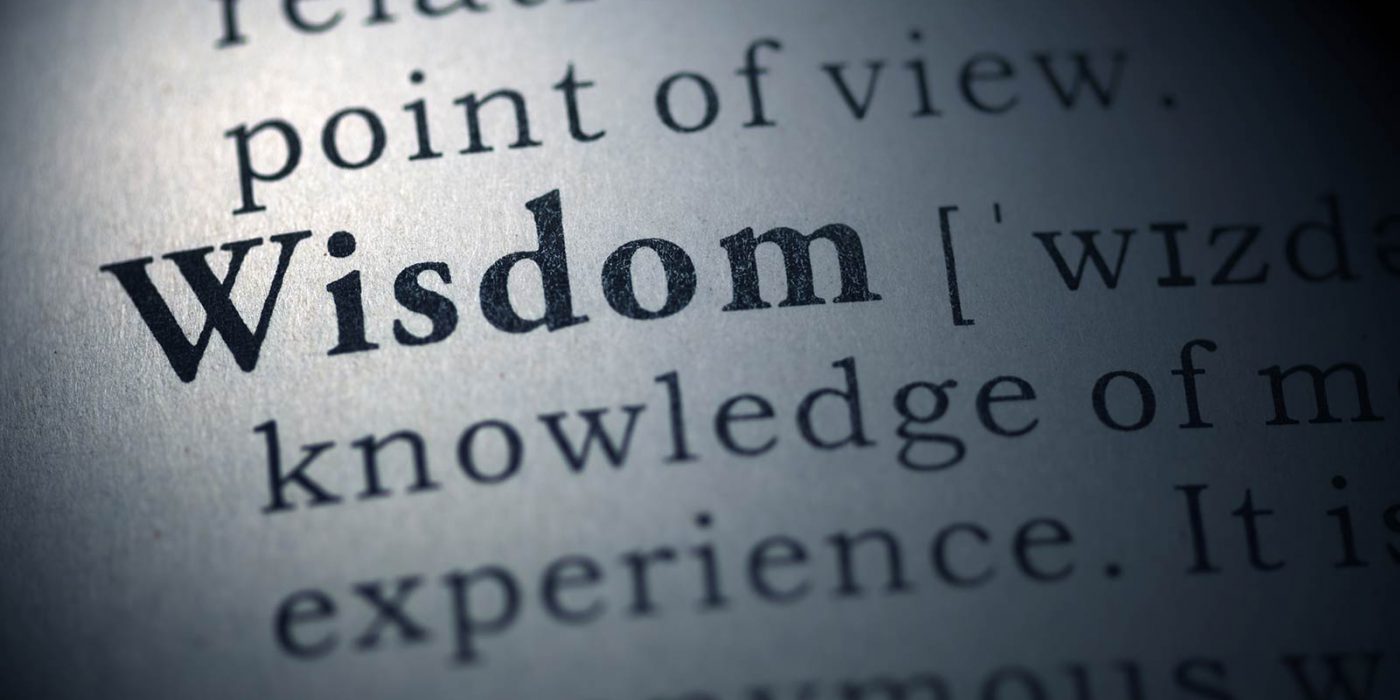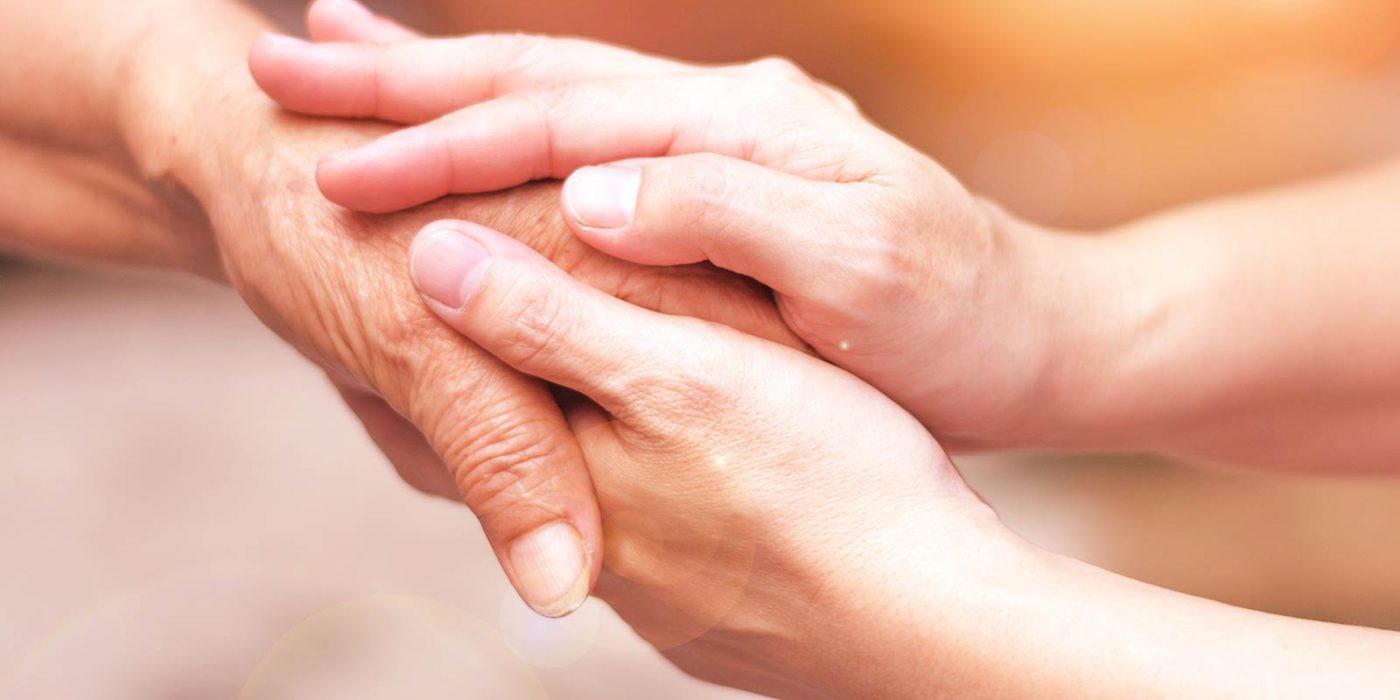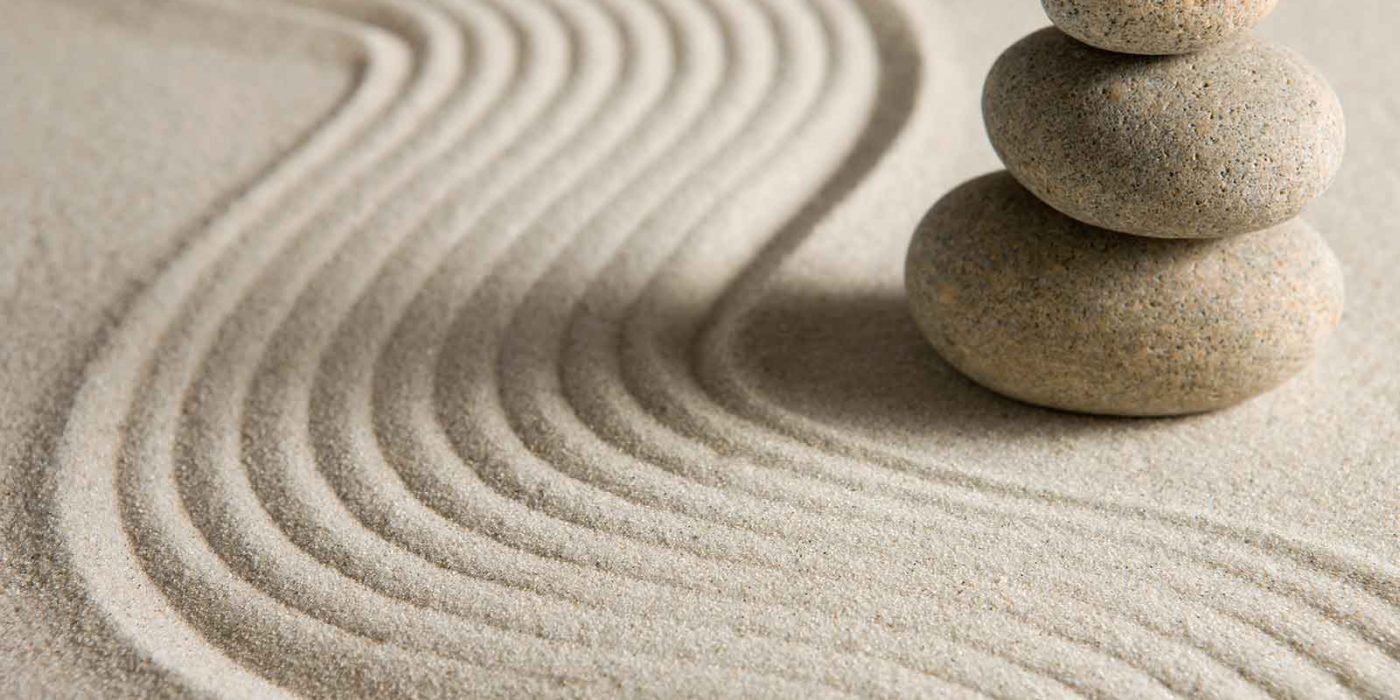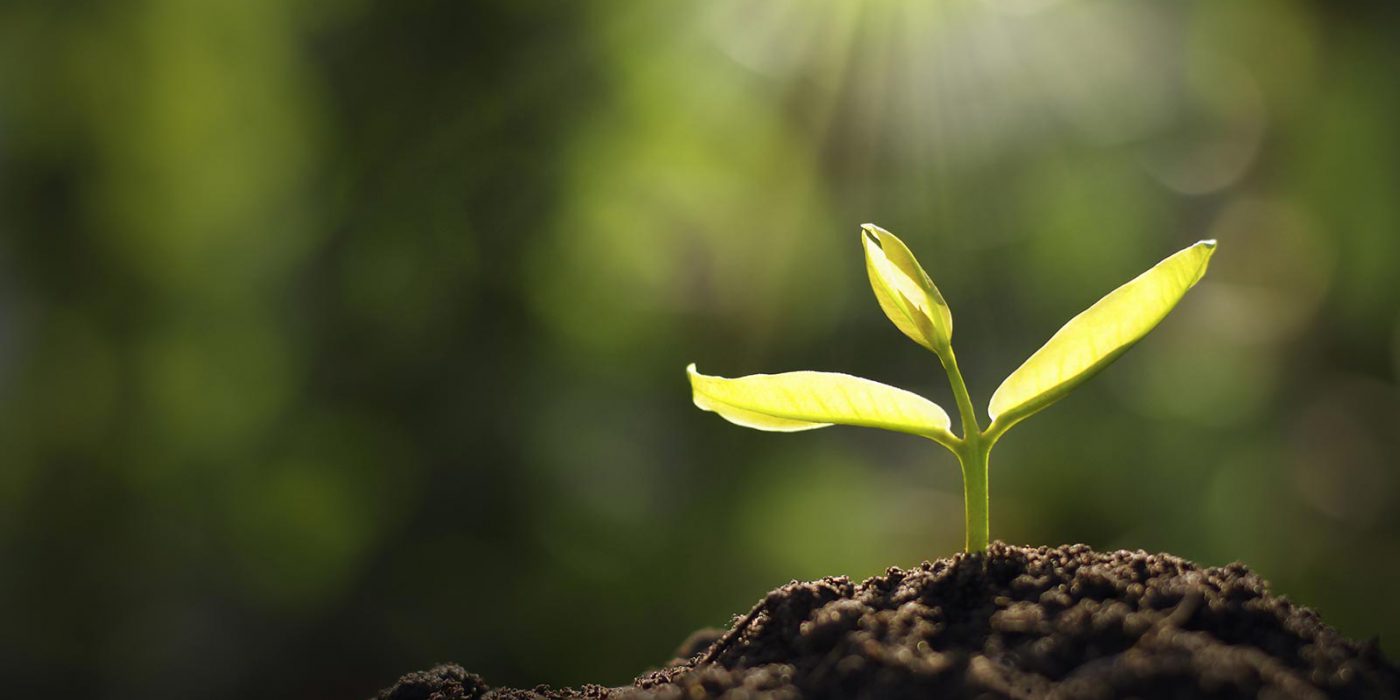Embracing Carefreedom® Living
What’s one thing you’ve been missing during this Pandemic pause? Most people say they’ve missed in-person time with their family, friends and community; I couldn’t agree more. It’s been a few years now since I’ve spent quality time with my brother, who is my only remaining immediate family. We’ve had two weekends together this summer; nothing spectacular happened and I think that’s what’s so brilliant. We enjoyed sharing stories from our childhood; both grateful to have made it to adulthood LOL and we appreciated the time we had together. It felt good; it felt like freedom.
During this Pandemic, we’ve all been invited to treasure the simple pleasures in life. We’ve had time at home to consider how we really want to live on the other side of this pause. One thing I know I want to diminish in my life is the feeling of chaos and fear that’s been so prevalent over the last many months. It takes clear intention and courage to step back from what’s going on in the world to examine how we want to live and to choose how we can make a difference. Each one of us can contribute to making the world a kinder, more compassionate place by being kind and compassionate toward ourselves and others. This can mean editing our friends list so that we feel safe and comfortable in our friendships. Where in the past we might have over-given or allowed people to take advantage of our goodness, we can set healthy boundaries and invest in caring for ourselves, so that we protect our emotional and mental wellness, while giving to others from what we have an abundance of.
Where we live and how we invest our time and resources can make a world of difference to the quality of our lives. When we’re young and building a foundation for our family, we have a long to-do list and while it’s important to stay on top of our responsibilities when it comes to taking care of our family and our property, there comes a time in life when we can relinquish many of these responsibilities in favour of a new kind of freedom.
It can be one of life’s biggest decisions to change not only our address but our lifestyle as well. Many people fear that they’ll lose freedom and autonomy when they make the transition into retirement living. The model for this lifestyle hadn’t changed much until a few years ago when The Wellings came along. The vision for The Wellings is truly community living with plenty of freedom and lots of choices. Folks can live in a rental apartment with a central atrium that makes getting together and sharing meals super easy. Some models of The Wellings have individual dwellings with a Clubhouse for socializing.
In my interactions with Wellings members, it’s clear that freedom has kicked in. While giving up what we know can be a daunting task, many Wellies have told me that they only wished they had done it sooner. No more honey-do lists, no more unexpected expenses; instead there’s more time for fun on their terms. The old model of retirement living didn’t suit them because what they wanted was to live the next chapter of their lives fully. It made me realize what a catalyst for change this new concept called The Wellings is. The mission here is to help people unlearn what they think they know to be true about retirement living and introduce them to a welcoming environment, where everyone is presented with opportunities rather than obstacles. The entire team at The Wellings wants to make sure that our need for independence is taken to heart while providing a safe environment for socializing, enjoying nutritious food, and exploring new or favourite activities.
We call it Carefreedom® living and we believe it’s where you belong if freedom and choice are important to you. Here’s where you can begin to explore whether or not this lifestyle is for you.
Imagine your best day filled with activities you love. How close are you to living that right now? Would you be closer if you didn’t have the worries of property tax bills, house chores and those pesky unexpected house expenses? Would you feel more connected if you had a community of people your own age to talk to, as well as share laughs and meals with? The people you’ll meet at The Wellings have upgraded their lives by letting go of certain restraints in favour of freedom. While we’re all unique and change is challenging for each of us in a different way, The Wellings members I’ve spoken to say it was well worth it; now that they’re enjoying their best day every day.
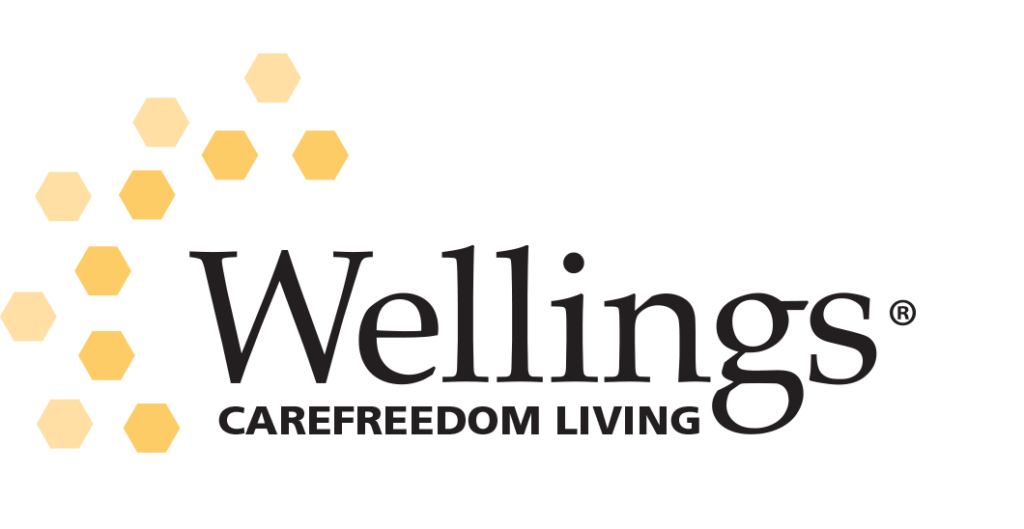
This Wellings blog by Kathie Donovan was exclusively written for Wellings Communities and appeared first on MyWellings.com.

